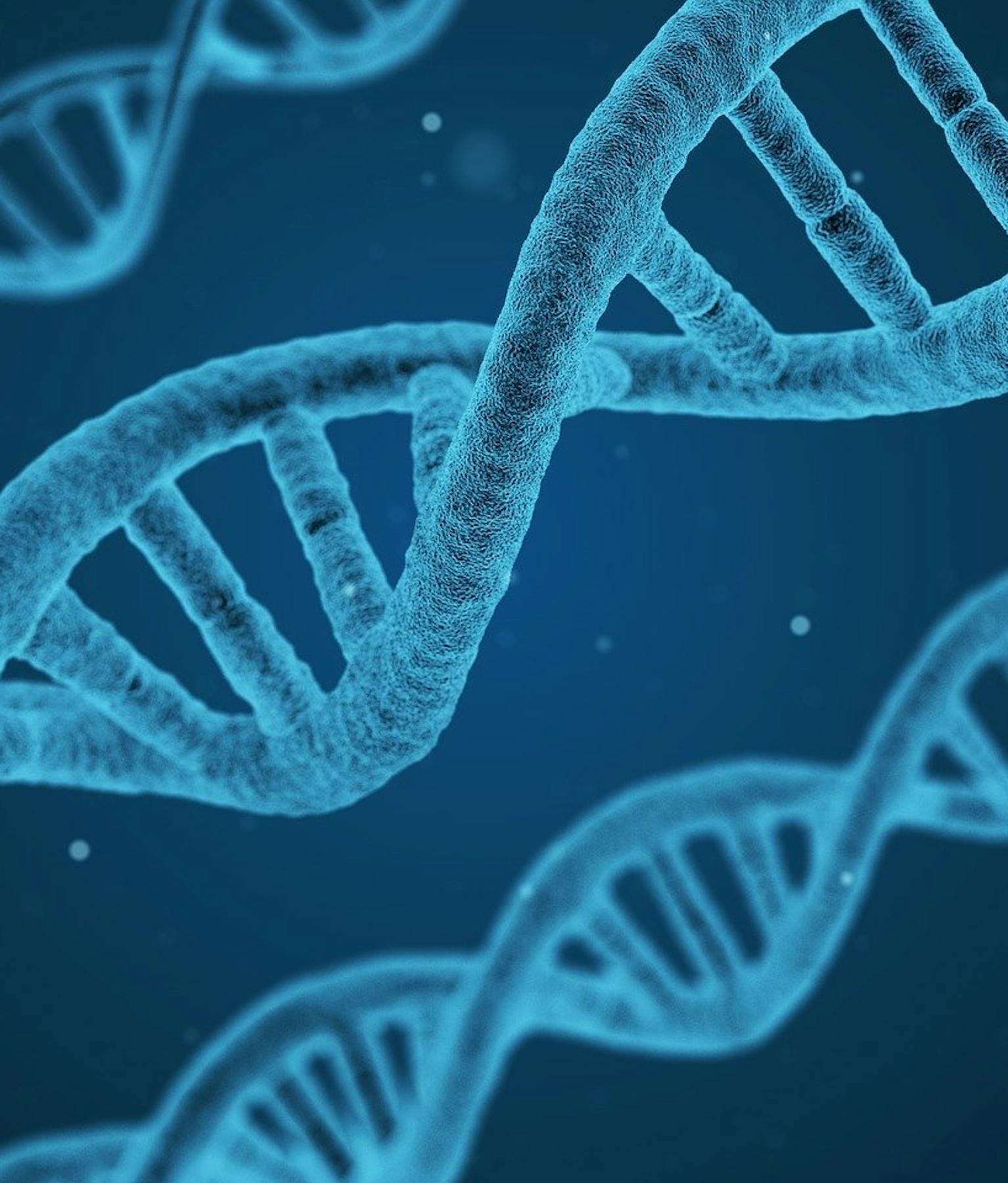
The clinical genetics department conducts hereditary research and provides information, advice and support for people with hereditary diseases and their families.
Suppose your first child is deaf and you want to know the risk for your next child. Or, you yourself are affected by a cancer that occurs in several people in the family and you want to find out whether there is a hereditary factor behind it. The Centre for Human Genetics provides answers to these doubts and questions.
Professor dr. Geert Mortier, clinical geneticist and Mrs. Kristien Philippe, genetic counsellor, from the Centre for Human Genetics at UZ Leuven holds consultations once a month at the Jan Yperman Hospital.
They answer patients' questions about the risks of hereditary diseases. Residents from the region can visit specialists at our hospital. This lowers the threshold and gives everyone a chance to find out about this specialisation.
Every first monday of the month.
During a consultation, a personal and family anamnesis (history) is discussed and a family tree is drawn up. This is sometimes followed by a conventional medical examination. After the person concerned has been properly informed and has made the decision to undergo genetic testing, a simple blood sample is taken for chromosome testing or DNA testing.
Once the result is known, the person concerned is again thoroughly informed, this time on the basis of the result obtained. The options are discussed with the patient and his/her family. After that, the possible paths to be followed will be reviewed together. All this is done in close consultation with the attending physicians at the Jan Yperman Hospital.
In principle, all questions concerning heredity are welcome. A genetic consultation can take away many concerns. The most common indications for a consultation are intellectual disability, congenital defects, suspected family cancer, repeated miscarriages, questions concerning prenatal testing and the occurrence or suspicion of a genetic disorder in the family.
In addition, genetics does not (yet) seem to be the philosopher's stone. We are not yet able to identify the responsible hereditary defects for all conditions with a genetic background. Moreover, for certain genetic errors, being a carrier does not guarantee that a person will get the disease or not. The necessary support can be provided in consultation with your doctors.
You may find out after the testing that you are a carrier of the family mutation and that a specific approach and follow-up are appropriate. Others are told that they are not carriers and do not have a risk that is higher than for the general population. For example, carriers of a mutation in the BRCA gene have a very high risk of developing breast cancer. Strict monitoring is recommended.